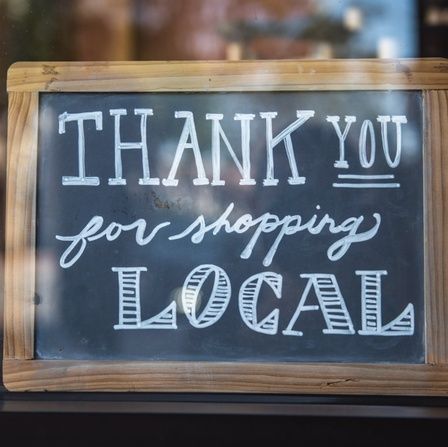What the CARES Act Means for You
As we're all dealing with the effects of COVID-19 on our lives, I want to share encouraging news: the government has approved the $2.2 trillion Coronavirus Aid, Relief and Economic Security (CARES) Act which will help millions of people in this critical time. Perhaps even you.
This sweeping legislation is unprecedented in the history of our nation and provides significant economic assistance to address the impact of COVID-19. The CARES Act is over 800 pages long, but here are some of the economic provisions most relevant for you.
What this means for you and your loved ones
If you're eligible for a cash payment
Most individuals earning less than $75,000 can expect a one-time cash payment of $1,200. Married couples would each receive a check and families would get $500 per child. That means a family of four earning less than $150,000 can expect $3,400.

If you or someone you know has lost a job
States will still continue to pay unemployment to people who qualify. This bill adds $600 per week from the federal government on top of whatever base amount a worker receives from the state. That boosted payment will last for four months.
.jpg?w=851)
If you're a small business owner
The bill provides $10 billion for grants of up to $10,000 to provide emergency funds for small businesses who qualify for the Economic Injury Disaster Loan to cover immediate operating costs,
There is $350 billion allocated for the Small Business Administration to provide loans of up to $10 million per business. Any portion of that loan used to maintain payroll, keep workers on the books, or pay for rent, mortgage and existing debt could be forgiven, provided workers stay employed through the end of June.
.jpg?w=851)
If you're a freelancer or independent contractor
Typically, self-employed people, freelancers and contractors can't apply for unemployment. This bill creates a new, temporary Pandemic Unemployment Assistance program that provides unemployment coverage through the end of the year to freelancers and independent contractors and also provides an additional $600 per week for 4 months in addition to regular state benefits.
.jpg?w=851)
If you're a property/homeowner
.jpg?w=851)
Please do not hesitate to reach out should you have any questions, or if you would like to chat.
Stay safe and healthy.




